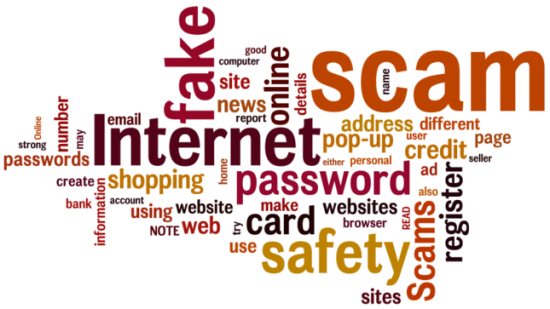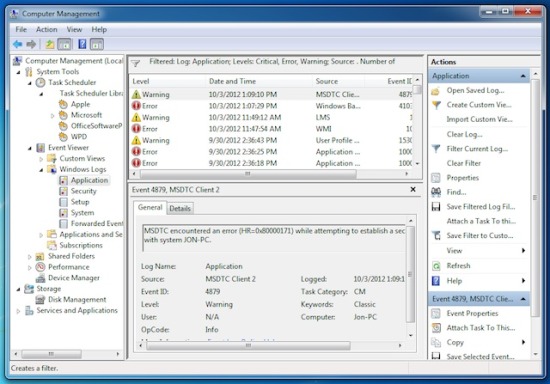With scammers, viruses and malware seemingly around every corner of the internet, the online world can be a daunting place for the less tech-savvy.
Also See: How to Check for Offers on Chromecast
Here at the Gadget Helpline, we see these problems and their victims on a daily basis; and it isn’t pretty. They can take your bank details and personal information, or simply just trick you into thinking there’s something wrong with your computer and charging you a fortune to fix the non-existent problem. If this sort of thing has happened to you or someone you know you’re most definitely not alone.
Normally scammers will disguise themselves as Windows Tech Support and call you up as such, or they will have a website designed in such a way that it is easily confusable with the real thing. Most of the time the scammers who claim your computer to be “corrupt” are just scare mongering to encourage you to part with a hefty sum of money to “fix” the problems. There is no need to do this if you haven’t noticed any issues yourself and have the relevant anti-virus anti-malware software installed and activated.
Also See: How to: Change your Google Chrome Spell Checking Language
Some good examples of free software to protect your computer and security include:
- AVG
- Malwarebytes
- CCleaner
- Windows Defender – (built in on Windows PC’s from Vista upward)
- Glary Utilities
Most of the time these sorts of programs will detect any issues even before you do, so you don’t need someone on the other end of a phone to tell you if you have a problem.
An example of one of these “scammer” companies is your365techsupport.co.uk. They normally just show you your own Windows Event Viewer that includes errors, and then go on to tell you they can’t be deleted unless they do it for you at a cost. You don’t need to do this! 9/10 times there is nothing wrong at all.
If you are still concerned that your computer may be at risk then have it looked at by a professional person you know and trust. This is your personal information you’re putting at risk after all; you wouldn’t want just anyone having a look at it.



